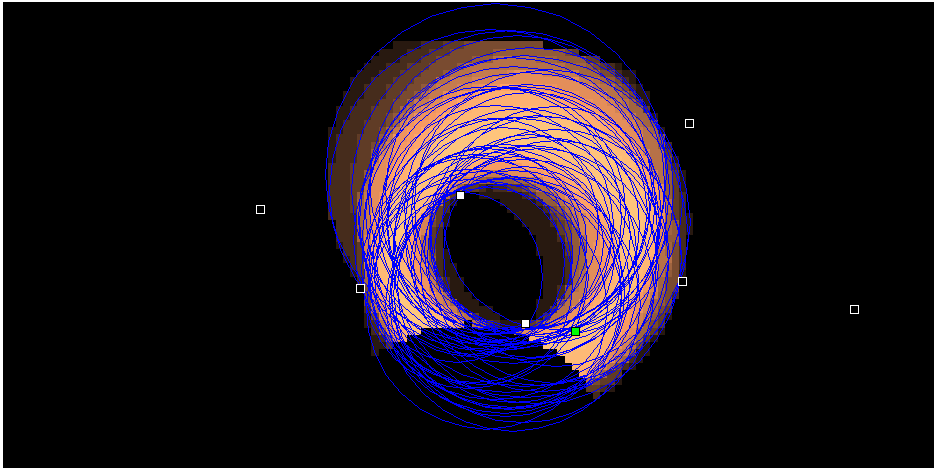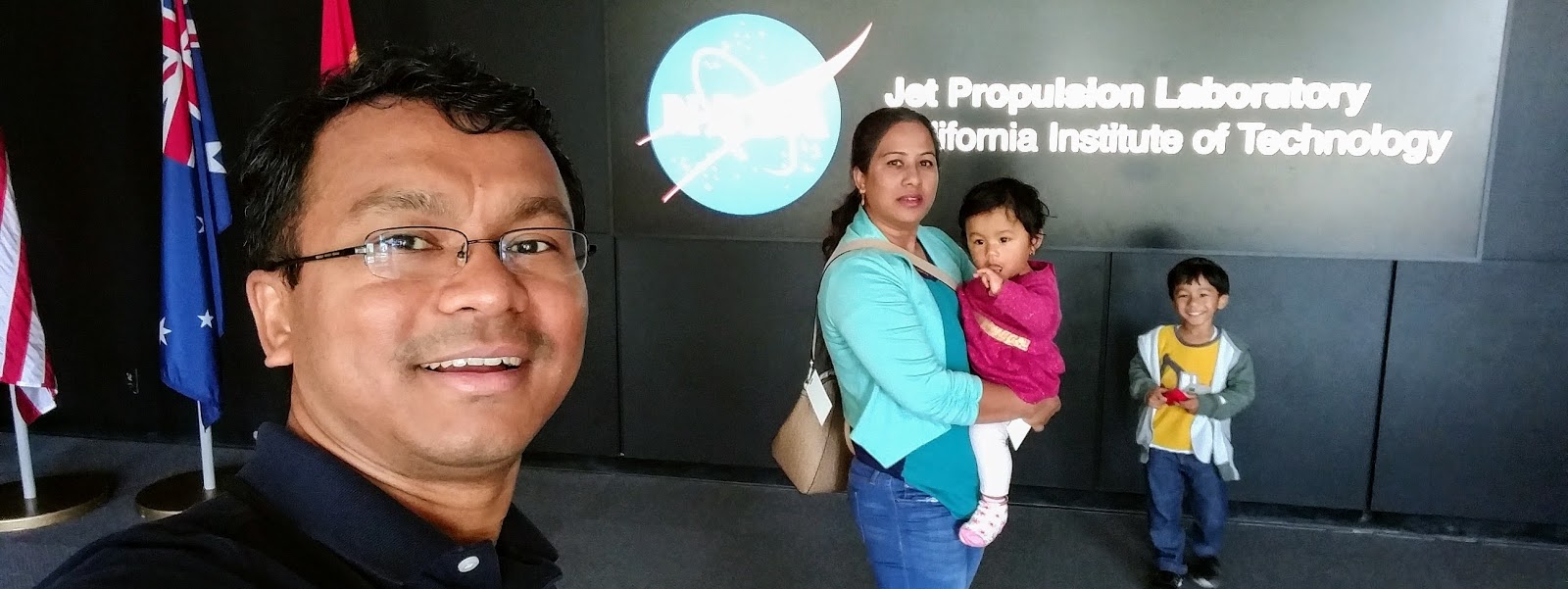From: http://robonaut.jsc.nasa.gov/default.asp
There are currently four Robonauts, with others currently in development. This allows us to study various types of mobility, control methods, and task applications. The value of a humanoid over other designs is the ability to use the same workspace and tools - not only does this improve efficiency in the types of tools, but also removes the need for specialized robotic connectors. Robonauts are essential to NASA's future as we go beyond low earth orbit and continue to explore the vast wonder that is space.See the preparation on time lapse:
Twitter Follow:
http://twitter.com/AstroRobonaut
Facebook:
http://www.facebook.com/NASArobonaut
Just imagine a humanoid-robotic hand picking the martian dust!


